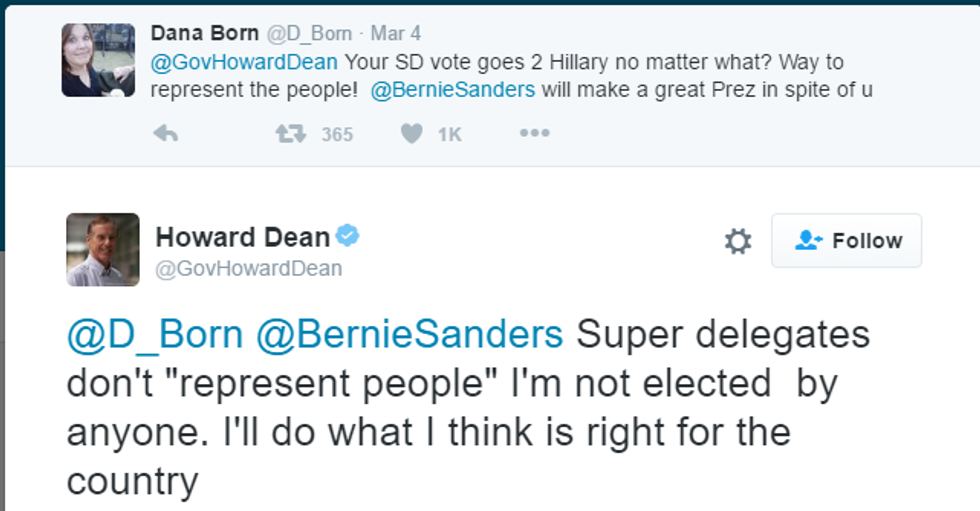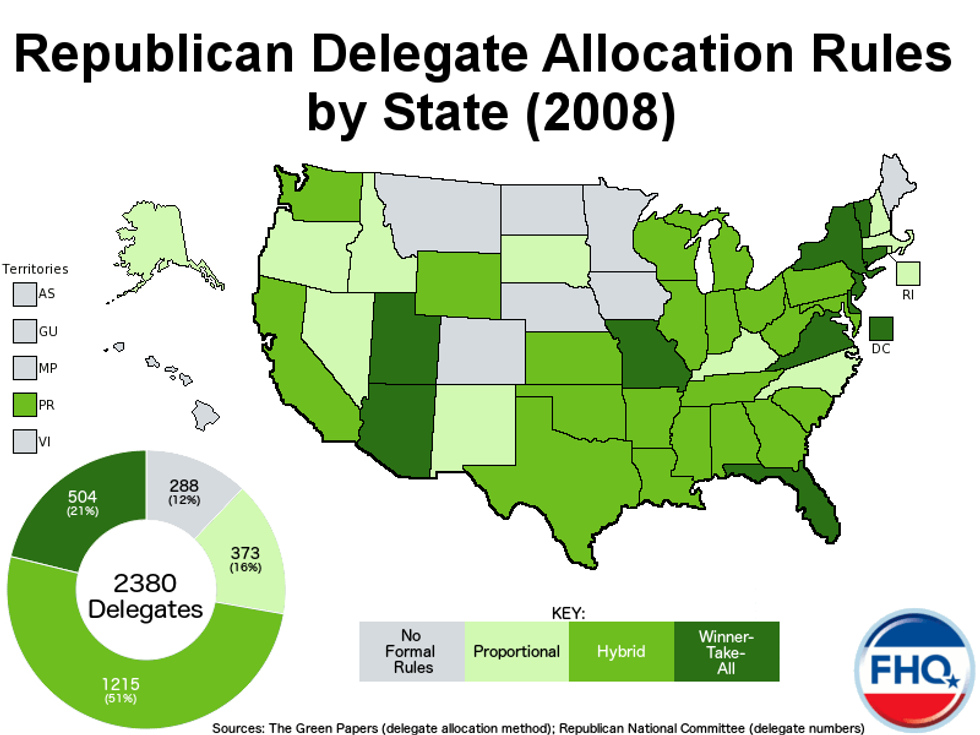In 1869, the 15th amendment was passed and ratified by congress which guaranteed all men the right to vote regardless of race, color or previous condition of servitude. Women would go another 51 years, 145 years in total since the country's conception, until they were granted their suffrage. It wouldn't be for another 4 years that this continent's original inhabitants and victims of the biggest genocidal event got their citizenship and by proxy their right to vote. The restriction of those who were not economically well off was reduced when the poll tax was removed in 1964. Vietnam had changed the face of America and with it, young men began to question how they could be drafted into a war that they never approved of in the first place. This injustice would be rendered settled with the passing of the 26th Amendment which changed the voting age from 21 to 18. With all this stated it becomes evident that the democracy that has raised this country to great success has been evolving across the decade. To let it stagnate now would be a folly and a disservice to our country. As it stands today our country still has much to overcome when it comes to becoming a state by the people for the people and of the people.Poor
1. Poor Voter Turnout
"You may not be interested in politics, but politics is interested in you." Due to the stigma that comes with the word communist it may be unwise to quote Leon Trotsky, however, his quote does bring to light the necessity for civil discourse. It may surprise you that the US only has on average a 48-64% total voter turnout rate. If we are supposed to be the greatest democracy on earth how come our citizens are staying home come election day. Perhaps it’s a lack of interest in politics altogether or this unwritten rule that talking about politics is rude and confrontational. �Perhaps if the political discussion was brought back into the living room America would have a much more informed population.
2. Belonging to a Party
When comes down to it if you want any say over who will actually make it to November and run you need to affiliate yourself with a party. Both the Republican party and Democratic party use closed voting restrictions in many of their primary elections. In other words, if you don’t register with a party you can’t vote in the primary election. As it stands today about 44% of registered voters are independent in America. This is an enormous population of silenced voters who are constrained by the power of the system. If Debbie Wasserman Schultz, the head chairwoman of the Democratic national party, had it her way all primaries would be closed to all non-Democrats. Even for those who do want to register with a party in order to vote for a particular candidate must do so months ahead of time. As was the case in the Democratic New York primary, many voters had not even heard of all the candidates until their time to register had passed.
3. Voting Day is on a Tuesday
Where the poll tax prevented the poor from having a voice in politics having the national voting day set for the Tuesday following the first Monday in November is disenfranchising the blue collared worker. Where some can give their boss a heads up that they might be a few minutes late, others do not have that option. President Obama has actually taken to the suggestion of a national voters day holiday in which everyone would by law have the day off from work in order to get out to the polling booths.
4. Superdelegates (Democratic Party)
The tweet above from former Vermont Governor Howard Dean sums up how superdelegates operate. Despite what the numbers might come out to after election day, the democratic party has high ranking party officials that can turn the nomination in any direction regardless of how their state voted.
5. Winner Take All States (Republican Party)
Hypothetically in the Republican primary if a state with a Winner Take All delegate distribution came out to 51% for candidate A and 49% for candidate B Candidate A would walk home with 100% of the delegates. This in its essences revokes the consideration of the other 49% of the voters who came out and cast their vote. There are 18 states that operate this way within the Republican primary. This controversy parallels that of the legitimacy of the electoral college in the open election. Such criticisms go back to the popular vote vs the electoral college in the Bush vs Gore race.
























